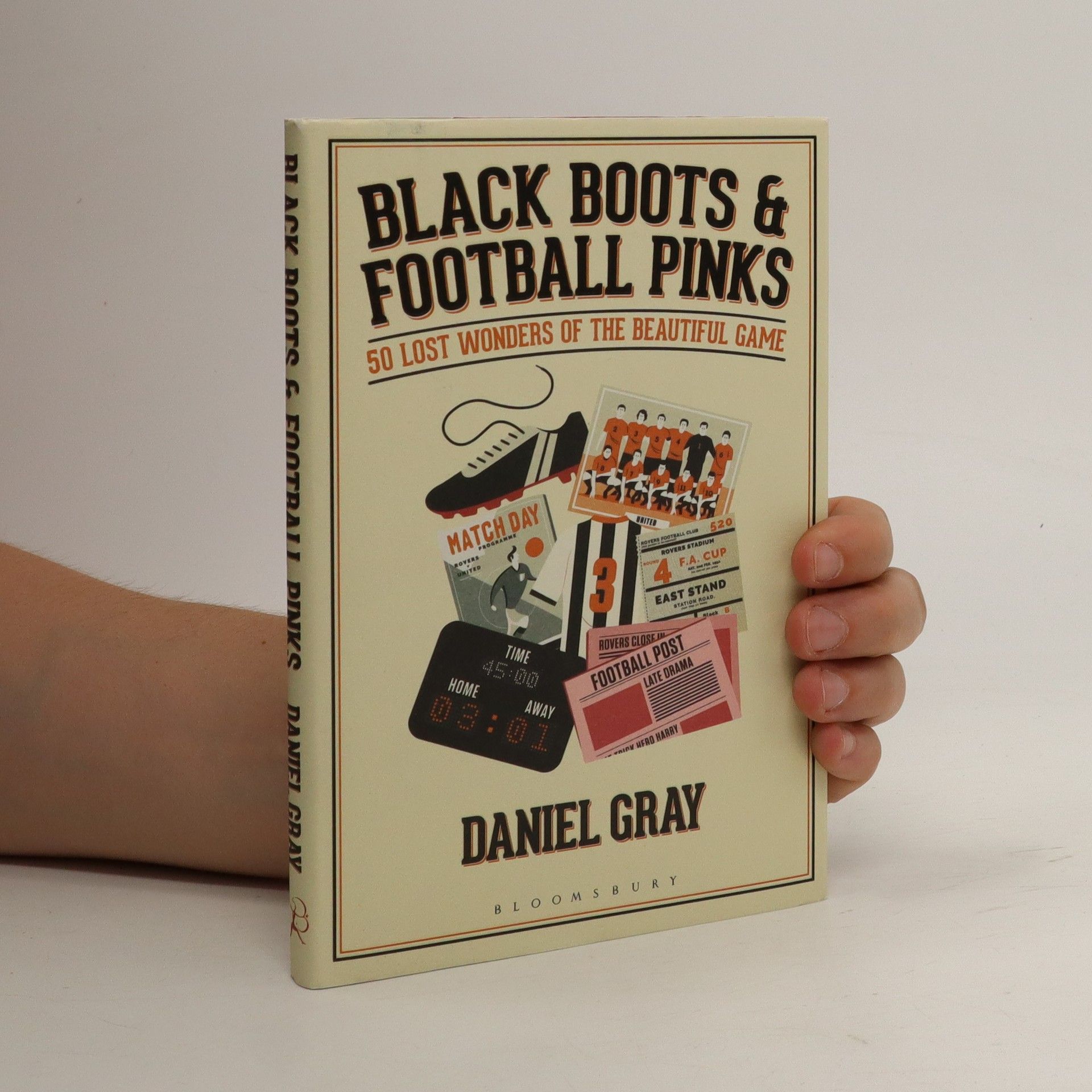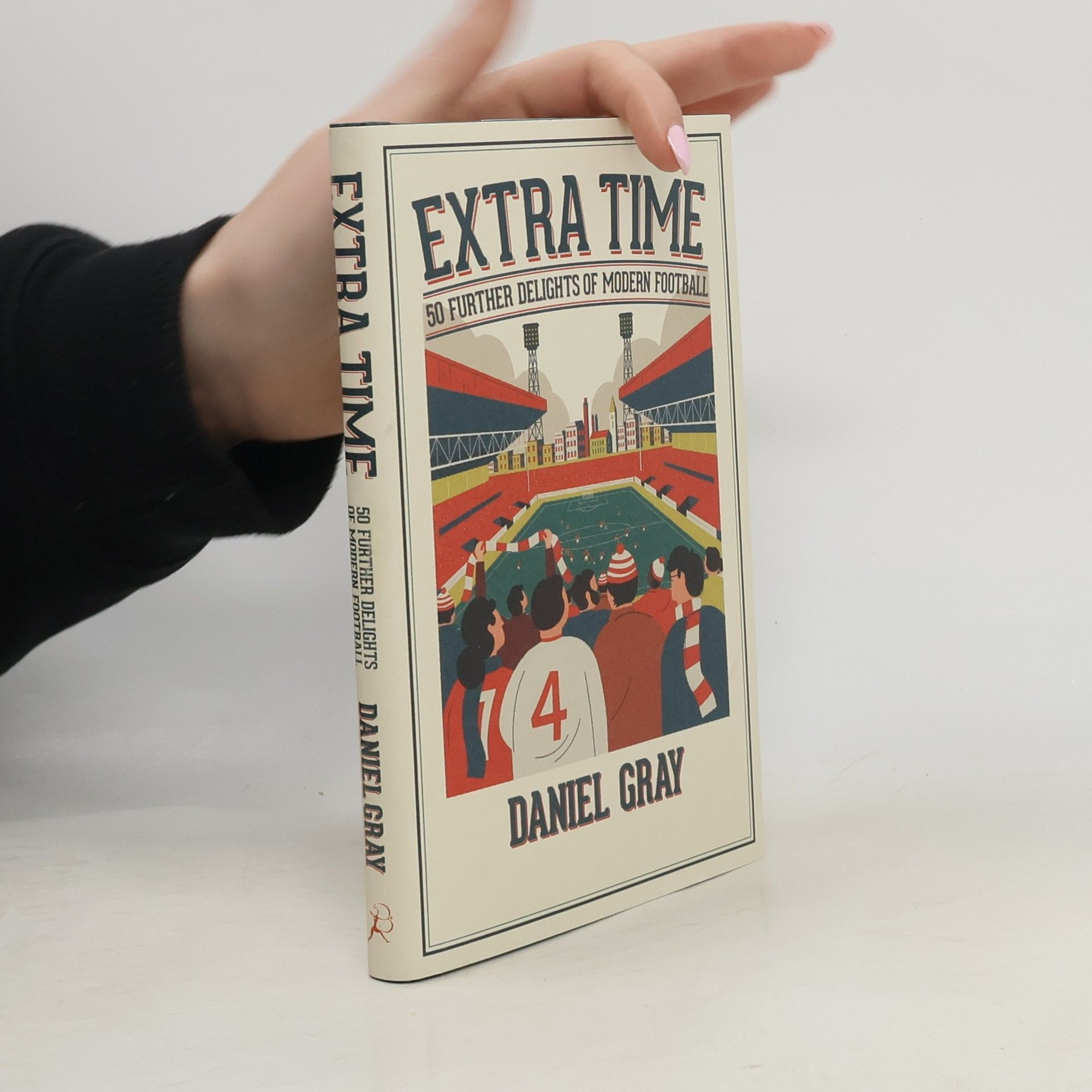Daniel Gray Livres
Ray Daniel crée une fiction policière captivante ancrée dans le cadre dynamique de Boston. Sa maîtrise de la forme courte a été reconnue par des prix prestigieux, soulignant son talent pour la narration concise et percutante. Dans ses œuvres plus longues, il continue d'explorer les complexités du genre, offrant aux lecteurs des récits immersifs et stimulants.






Homage to Caledonia
- 256pages
- 9 heures de lecture
Shortlisted for the History Book of the Year category of the 2009 Saltire Literary Awards The Spanish Civil War was a call to arms for 2,300 British volunteers, of which over 500 were from Scotland. The first book of its kind, Homage to Caledonia examines Scotland's role in the conflict, detailing exactly why Scottish involvement was so profound. The book moves chronologically through events and places, firstly surveying the landscape in contemporary Scotland before describing volunteers' journeys to Spain, and then tracing their every involvement from arrival to homecoming (or not). There is also an account of the non-combative role, from fundraising for Spain and medical aid, to political manoeuvrings within the volatile Scottish left. Using a wealth of previously-unpublished letters sent back from the front as well as other archival items, Daniel Gray is able to tell little known stories of courage in conflict, and to call into question accepted versions of events such as the 'murder' of Bob Smillie, or the heroism of 'The Scots Scarlet Pimpernel'. Homage to Caledonia offers a very human take on events in Spain: for every tale of abject distress in a time of war, there is a tale of a Scottish volunteer urinating in his general's boots, knocking back a dram with Errol Flynn or appalling Spanish comrades with his pipe playing. For the first time, read the fascinating story of Caledonia's role in this seminal conflict.
Black Boots & Football Pinks: 50 Lost Wonders of the Beautiful Game
- 160pages
- 6 heures de lecture
Ramshackle dugouts, matches played in fog, muddy goalmouths, the smell of tobacco, floodlight failure and of course Saturday evening pink newspapers… They were the gritty stardust which made football sparkle. Here, 50 such wonders are drawn together with evocative charm before they slip from memory altogether. Dedicating a chapter to each wonder, Gray's pieces read more like loveletters than essays.Unashamedly nostalgic, this is a charming canter through the disappearing particles of football. Written in the same wistful and whimsical style as Gray's much-admired Saturday, 3pm, Black Boots and Football Pinks will warm the heart and prompt fond sighs of recognition.
Exploring the concept of a perpetual Sunday, this narrative delves into the impact of time standing still on individuals and society. Characters grapple with the monotony and existential questions that arise from an unchanging routine. Themes of longing for change, the value of time, and the human experience are intricately woven throughout, creating a thought-provoking reflection on life’s rhythms and the significance of each passing day.
John R Hume is Scotland's foremost expert on industrial heritage. John's greatest passion was - and is - industry. Over the course of the 1960s, 70s and 80s, he took over 25,000 photographs of late-industrial and post-industrial Scotland. His collection is a remarkable portrait of a way of life that has now all but vanished. His drive to act as a witness to Scotland's industrial empire, and its steady disintegration, took him to every corner of the country.John's photography produces an exhaustive and objective record. Yet it also reveals remarkable and poignant glimpses of domestic life - children playing in factory ruins, high-rises emerging on the city skylines, working men and women dwarfed by the incredible scale of an already crumbling industrial infrastructure.In A Life of Industry, author Daniel Gray tells John's story, and the story of what has been lost - and preserved.
The story of Britain's fish and chips obsession 'A lyrical, amiable and educational celebration of what may be our greatest achievement: the chippy.' Stuart Maconie
When football disappeared in March 2020 Daniel Gray pledged that whenever and wherever fans were allowed to return, he would be there. A moving, heartfelt and amusing account of a unique season that no-one wishes to repeat.
Whimsical and elegantly written, this collection shares 50 entries celebrating the delights of football. It will resonate with fans of Saturday matches and newcomers alike, capturing the joy of watching a team score or the irrational dislike of rival clubs. From balloons on the pitch to goalkeepers rushing for corners, the book reflects on the myriad ways we cherish the game—the little moments that make football so meaningful. Each chapter is a heartfelt tribute to the sport, offering relatable and observational prose that touches on universal themes. This writing serves as a comforting embrace for those who love football, renewing readers' passion for the game. It fosters a sense of community among supporters, reminding them that their eccentricities are shared. In a world often in disarray, the vibrant details of football provide a much-needed escape. These 50 delightful pieces act as a balm against disillusionment with modern football, including controversies like VAR. They remind us of our devotion and the reasons we care about the game. It’s time to rediscover and celebrate the love for football once more.
Práce z oboru výpočetní techniky, publikace pro tvorbu webových stránek.

